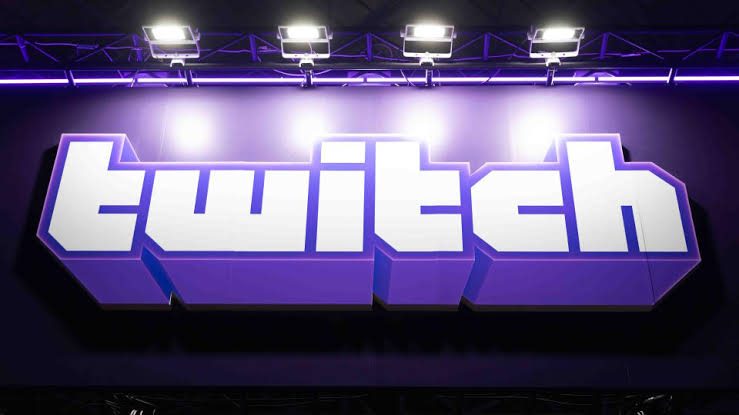Twitch Updates Hateful Content Policy to Address Use of “Zionist” as a Slur
Twitch, the popular streaming platform owned by Amazon, has introduced changes to its Hateful Content Policy, now including the term “Zionist” as a potential slur. The policy update comes in response to growing concerns over the Israel-Gaza conflict and the use of the term to target individuals or groups based on their background or religious beliefs. In a blog post, Twitch explained that any use of the word “Zionist” meant to attack others is now prohibited on the platform.
Twitch stated, “Our policy prohibits terms that may not seem harmful on their own but can be used as slurs in certain contexts to degrade or demean others.”
Balancing Political Debate with Anti-Hate Measures
The term “Zionism” originated in the late 19th century as a political movement advocating for a Jewish homeland, but over time, it has been misused to spread hate. Twitch clarified that its policy only targets the abusive use of the word, not discussions about the political ideology itself.
“We understand that ‘Zionist’ and ‘Zionism’ refer to a political movement,” the company wrote. “Criticism of the political ideology is not against our guidelines. Our goal is to prevent hate speech masked as political commentary.”
The decision follows mounting criticism from groups such as the Anti-Defamation League and U.S. lawmakers, including Rep. Ritchie Torres, who have raised concerns that antisemitic content has flourished on Twitch in recent months.
Twitch Joins Other Platforms in Tightening Content Guidelines
This move by Twitch aligns with similar actions by other social media giants. In July, Meta, the parent company of Facebook and Instagram, revised its policies to restrict the term “Zionist,” acknowledging that it had often been used as a code for hate speech against Jewish people.
As political discussions over the Israel-Hamas conflict intensify, platforms like Twitch are facing the challenge of balancing freedom of expression with the need to curb harmful speech. The platform has become a space for political commentary, drawing a diverse audience, including politicians like Sen. Bernie Sanders and Rep. Alexandria Ocasio-Cortez, who engage in live debates while gaming.
Despite its reputation as a hub for political discourse, Twitch largely avoided controversy surrounding the Israel-Gaza conflict until recent months when the volume of criticism increased.
Recent Controversies Sparked Public Backlash
Twitch found itself at the center of controversy in October after temporarily disabling email verification for users in Israel and Palestine in the wake of the October 7 Hamas attack on Israel. The platform explained that the move was intended to prevent the upload of disturbing content and protect user safety. However, Twitch acknowledged that it failed to restore email sign-ups in the region and faced further backlash for this error.
The platform also faced condemnation for its moderation decisions. In one case, a group of Arab streamers received a 30-day ban after their panel discussion at TwitchCon in San Diego, which was deemed to have violated the guidelines against hateful conduct. Furthermore, Twitch imposed a 14-day suspension on popular streamer Zack “Asmongold” Hoyt for making controversial remarks about Palestinians. Hoyt later issued an apology, stating, “No one deserves to have their life destroyed, even if I disagree with their views.”
Twitch CEO Dan Clancy reiterated the company’s commitment to maintaining a safe and inclusive space for all users. In a blog post from November, Clancy emphasized that “hate and harassment have no place on Twitch,” and that the platform is working tirelessly to ensure it remains a safe community for its diverse audience.


Comments are closed.